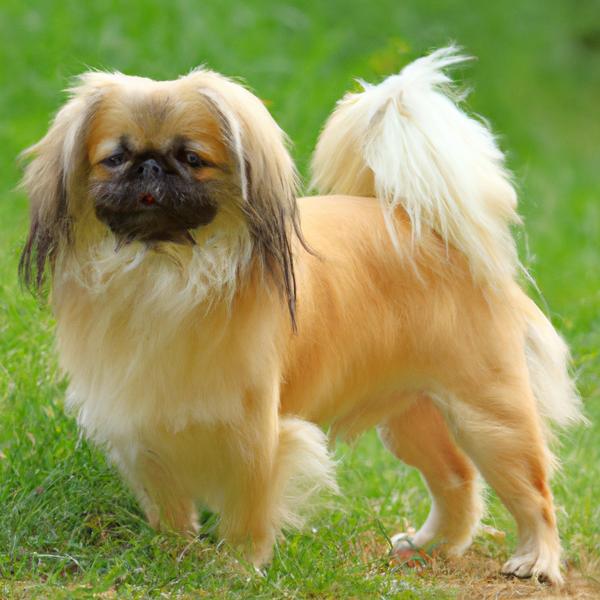Peke-Italian vs. Tibecot: Breed Differences and Similarities
Hypoallergenic
Are Peke-Italians or Tibecots hypoallergenic, or neither?
Unfortunately, the Peke-Italian is not hypoallergenic, making it not a good choice for a dog lover who suffers from pet allergies.
While no dogs are truly 100% hypoallergenic, Tibecots are about as close as it gets, making them an ideal pet if you are an allergy sufferer.
Temperament
What are the personalities of Peke-Italian and Tibecot dogs?
Stubborn
Agile
Intelligent
Affectionate
Aggressive
Good-natured
Companionable
Athletic
Mischievous
Opinionated
Playful
Energetic
Sensitive
Intelligent
Affectionate
Lively
Gentle
Trainable
Reserved
Vocal
Amiable
Shedding Level
Do Peke-Italians shed more than Tibecots, or which breed sheds more, Peke-Italians or Tibecots?
Peke-Italian or Tibecot dogs are low shedders. The coat sheds an average amount and doesn't require much care.
Ancestry
What are the origins of Peke-Italian and Tibecot breeds?
Italian Greyhound and Pekingese
Tibetan Terrier, Coton de Tulear
Date of Birth
When were Peke-Italian and Tibecot breeds first developed?
Early 1900s
Unknown
Eye Color Possibilites
What are the eye colors of Peke-Italian and Tibecot dogs?
Brown
Brown
Nose Color Possibilites
What are the natural nose colors of Peke-Italian and Tibecot?
Black
Brown
Black
Coat Color Possibilites
What are the natural colors of the coat for Peke-Italian and Tibecot breeds?
Gray
Brindle
Cream
Fawn
Black
Sable
Pied
White
Blue
Red
White
Black
Pied
Fawn
Brindle
Sable
Coat Length
What is the typical coat length for Peke-Italian and Tibecot breeds?
The coat of Peke-Italian and Tibecot dogs falls in the medium-length category.
Coat Density
What is the density of the coat of Peke-Italian and Tibecot?
Coat Texture
What is the hair texture of Peke-Italian and Tibecot?
Wavy
Straight
Litter Size
What is the usual litter size for Peke-Italian and Tibecot?
A Peke-Italian can have a litter of 2-4 puppies on average. However, it's worth noting that the size of the litters can vary greatly. Factors that can influence litter size include the health of the mother, breeding history, and genetics.
A Tibecot can have a litter of 4-6 puppies on average. However, it's worth noting that the size of the litters can vary greatly. Factors that can influence litter size include the health of the mother, breeding history, and genetics.
Adaptability
Peke-Italian and Tibecots are known for their adaptability and versatility. They are capable of adapting well to a wide range of lifestyle changes and living environments, making them great companions for families and individuals of all lifestyles.
Health Issues
Between Peke-Italian and Tibecot, which breed is more prone to health problems?
Peke-Italians typically have low vet costs due to their good health, but it's important to monitor their health and seek vet care when necessary.
While the Tibecot breed is generally healthy, occasional vet check-ups are still necessary to address any health concerns.
Major Concerns
What are the major health concerns for Peke-Italian and Tibecot breeds?
Patellar Luxation
Entropion
Skin Fold Dermatitis
Brachycephalic Syndrome
Exposure Keratopathy Syndrome
Periodontal Disease
Patellar Luxation
Lens Luxation
Progressive Retinal Atrophy (PRA)
Minor Concerns
What minor health issues should be kept in mind when owning Peke-Italian and Tibecot?
KCS
Epilepsy
Hydrocephalus
Leg Fractures
Eye Disease
Mitral Valve Disease
Progressive Retinal Atrophy (PRA)
Cataracts
Canine Hip Dysplasia (Chd)
Hypothyroidism
Cerebellar Abiotrophy (Ataxia)
Occasional Tests
What occasional tests are recommended for Peke-Italian and Tibecot breeds?
Eye
Knee
Heart
Skeletal
X-Rays
MRI
Respiratory Tests
Eye Examination
General Physical Examination
Hearing Tests
X-rays or other radiographic imaging
Thyroid Panel
Social Needs
Peke-Italian vs Tibecot social needs comparison
Peke-Italian has average social needs and is less independent than other breeds.
Tibecot has above average social needs and thrives with interaction with humans and other dogs.
Sleeping Need
Which of the two sleeps the most/least: Peke-Italian or Tibecot?
Peke-Italians have moderate energy levels and typical sleep patterns of 12-14 hours per day.
Tibecots sleep less than other breeds but still need adequate sleep for good health.
Mouthiness
Mouthiness Comparison: Peke-Italian vs Tibecot?
Roaming urge
Peke-Italian vs Labrador: Running away tendency?
Prey Drive
Peke-Italian or Tibecot - which breed has a higher level of prey drive?
Activity Level
Which breed has higher energy, Peke-Italians or Tibecots?
Peke-Italians are low-energy dogs. This breed make a great companion for a relatively inactive person. Peke-Italian dogs require a few short daily walks, and then they're happy snuggling next to you for the rest of the day.
Tibecots are medium-energy dogs and typically enjoy socializing and playing casual or even sustained games of chase with other dogs. They may also have occasional periods of barking or racing around the house.
Tolerance of being left alone
Walks per Week
How many miles should Peke-Italian or Tibecot walk each week?
There's really no limit to how far you walk your dog as long as they're comfortable. For Peke-Italian, it's at least 4 miles / week. Just remember to build distance and stamina gradually over time.
There's really no limit to how far you walk your dog as long as they're comfortable. For Tibecot, it's at least 7 miles / week. Just remember to build distance and stamina gradually over time.
Activity per Day
Do Peke-Italians or Tibecots require more exercise?
In general most Peke-Italians usually need at least 20 minutes of exercise daily. This can be spread across the day and include all sorts of high-energy activities, like walking, running and playing.
In general most Tibecots usually need at least 30 minutes of exercise daily. This can be spread across the day and include all sorts of high-energy activities, like walking, running and playing.
Grooming
Which breed is easier to maintain in terms of grooming, Peke-Italians or Tibecots?
The Peke-Italian requires an average amount of grooming compared to other breeds.
Tibecots have high grooming needs, requiring regular trims and professional grooming assistance to keep their coat healthy.
Brushing Frequency
What is the recommended brushing frequency for Peke-Italian and Tibecot dogs?
Peke-Italian should be brushed at least once a week. Of course you can give them more frequent brushes if you find that they are still shedding a lot
Ideally, Tibecot should be brushed at least 2 or 3 times a week (preferably daily) improve shedding.
Brushing Tools
What brushing tools are used for Peke-Italians and Tibecots?
Slicker Brush
Scissors
Clipper
Nail Clipper
Pin Brush
Comb
Deshedder
Scissors
Cups
How much food should be given to Peke-Italian or Tibecot in cups?
Peke-Italian and Tibecot share the same recommended daily food intake of 1 cups, although the appropriate quantity may vary depending on the quality and nutritional content of their food.
Daily Cost
Which breed has a higher daily cost, Peke-Italian or Tibecot?
The average cost of a Peke-Italian is somewhere $1.00 - $1.40 per day.
The average cost of a Tibecot is somewhere $1.10 - $1.40 per day.
Monthly Cost
Which breed has a higher monthly cost, Peke-Italian or Tibecot?
The average per month expenses of a Peke-Italian is between $28 - $42. This makes an average of $336 - $504 per year. It will be on the higher side when the dog is still small because it will need more frequent visits to the vet, shots.
The average per month expenses of a Tibecot is between $35 - $42. This makes an average of $420 - $504 per year. It will be on the higher side when the dog is still small because it will need more frequent visits to the vet, shots.
Sensitivity Level
How do Peke-Italian and Tibecot compare in sensitivity?
This breed is sensitive and requires gentle handling and a calm home environment.
This breed is sensitive to its environment and best suited for patient and understanding families with a consistent routine.
Apartment Friendly
Which breed is more apartment-friendly: Peke-Italian or Tibecot?
The Peke-Italian is a great apartment dog, thriving with sufficient exercise and time outside as part of their daily routine.
Tibecots make excellent apartment dogs, being fairly active indoors and not requiring a yard.
Child Friendly
Do Peke-Italians or Tibecots have a friendlier temperament towards children?
Peke-Italians are not suitable for children.
Tibecots are good with kids if socialized and trained from a young age.
Senior-friendly
Which dog is more suitable as a pet for the elderly - Peke-Italian or Tibecot?
Cat Friendly
Do Peke-Italian or Tibecot breeds have a better compatibility with cats?
Peke-Italians and Tibecots are one of the best dogs for cats. They accept cats readily as part of the family. However, this dog breed should be trained to not chase after the kitty early on
Dog Friendly
Which breed is more sociable with other dogs: Peke-Italian or Tibecot?
Peke-Italians are average in their friendliness towards other dogs, and socialization can help.
Tibecots are friendly and active companions, and can be good family pets, though their friendliness towards other dogs may vary.
Pet friendly
How do Peke-Italian or Tibecot dogs interact with other pets?
Stranger Friendly
Which breed is more friendly with strangers: Peke-Italian or Tibecot?
Peke-Italians are averagely friendly around strangers but benefit from early socialisation.
Tibecots are friendly but may bark at strangers, and training is easy due to their intelligence.
Playfulness
Which breed is more playful between Peke-Italian and Tibecot?
Peke-Italians are not known for being a highly playful breed.
Tibecots are a playful breed that needs daily playtime to be happy.
Trainability
How do the trainability levels of Peke-Italians and Tibecots compare?
Peke-Italians are popular for their ease of training and quick learning ability.
Tibecots are usually easy to train but require consistency to fully obey commands.
Compare Peke-Italian with other breeds
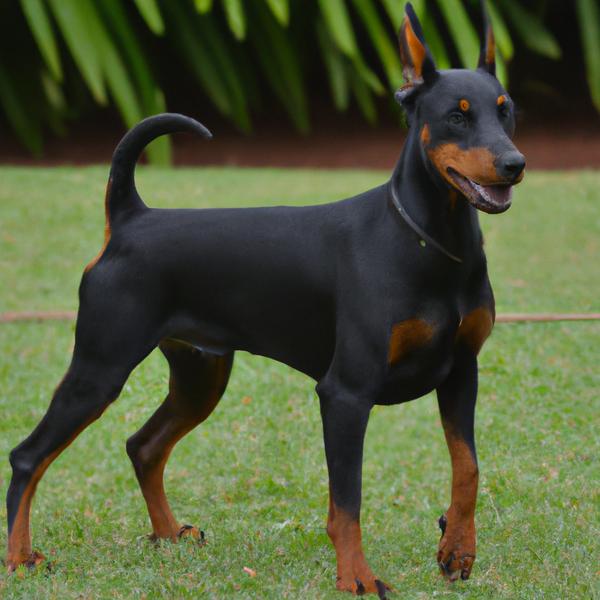
German Pinscher
Peke-Italian vs German Pinscher
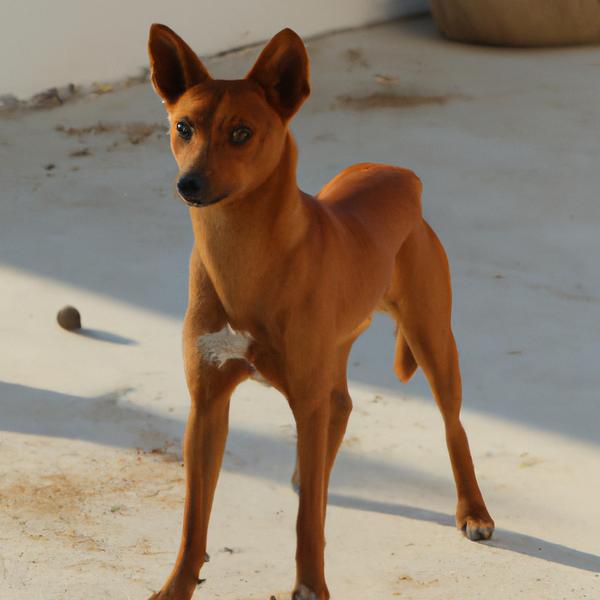
Smooth Foxker
Peke-Italian vs Smooth Foxker
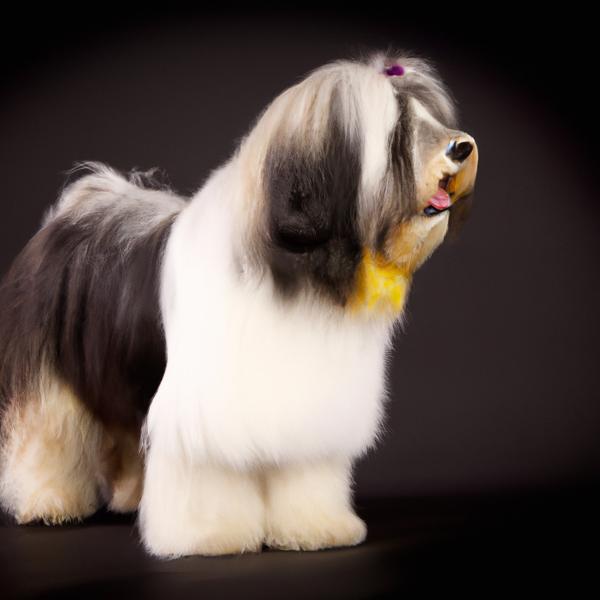
Tibecot
Peke-Italian vs Tibecot
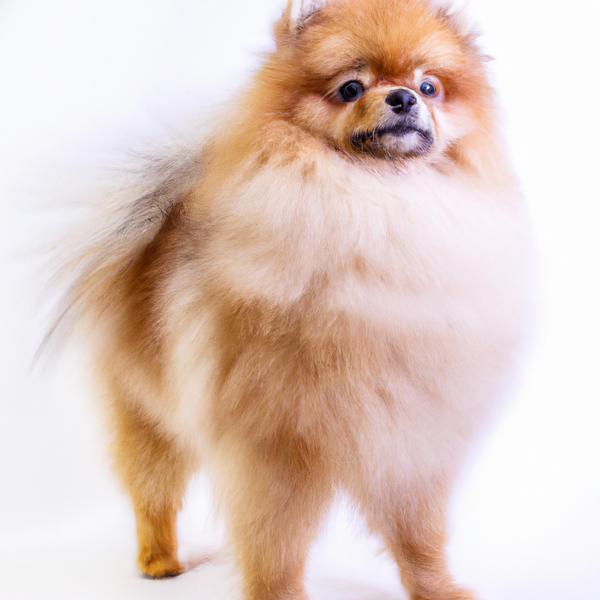
Pomeranian
Peke-Italian vs Pomeranian
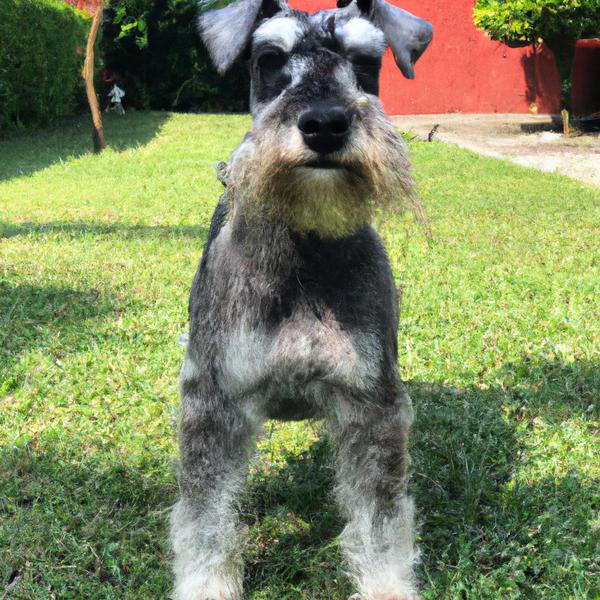
Crested Schnauzer
Peke-Italian vs Crested Schnauzer
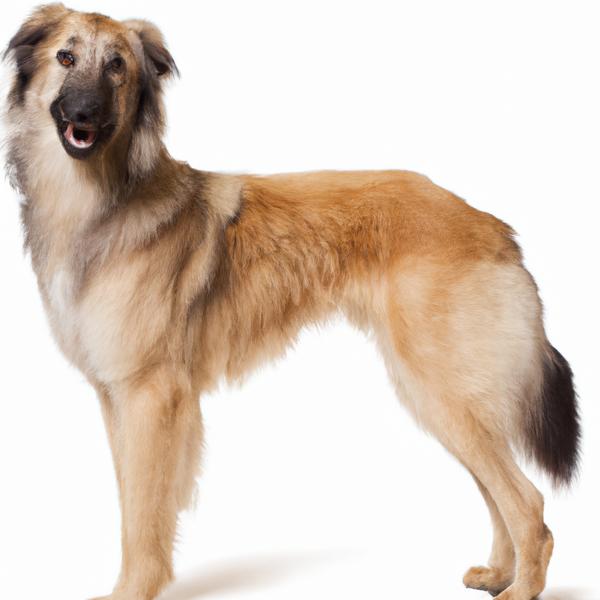
Belgian Laekenois
Peke-Italian vs Belgian Laekenois
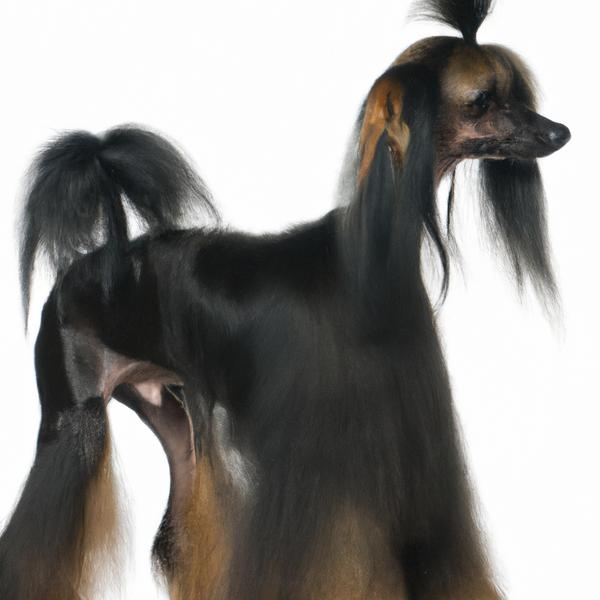
Silky-Pin
Peke-Italian vs Silky-Pin
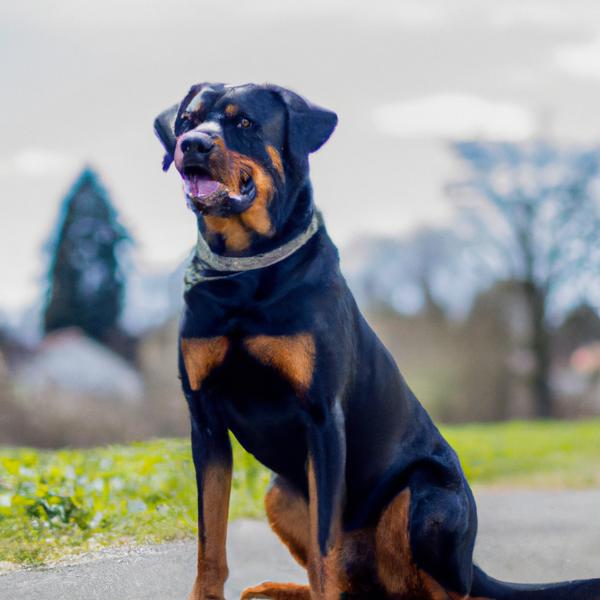
St. Weiler
Peke-Italian vs St. Weiler
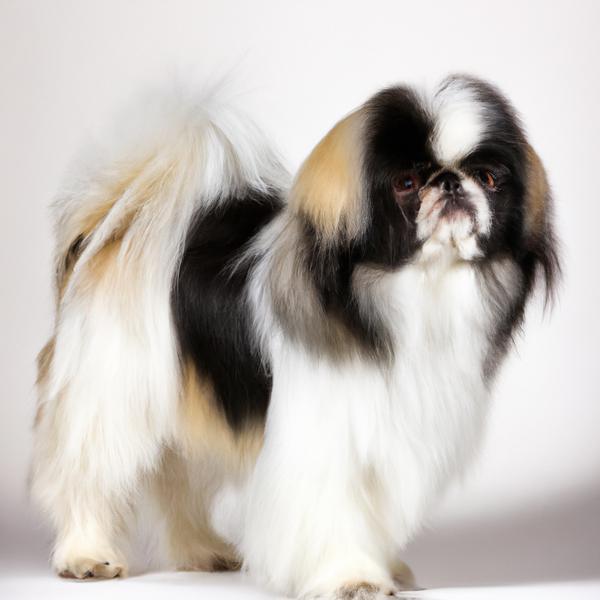
Japanese Chin
Peke-Italian vs Japanese Chin
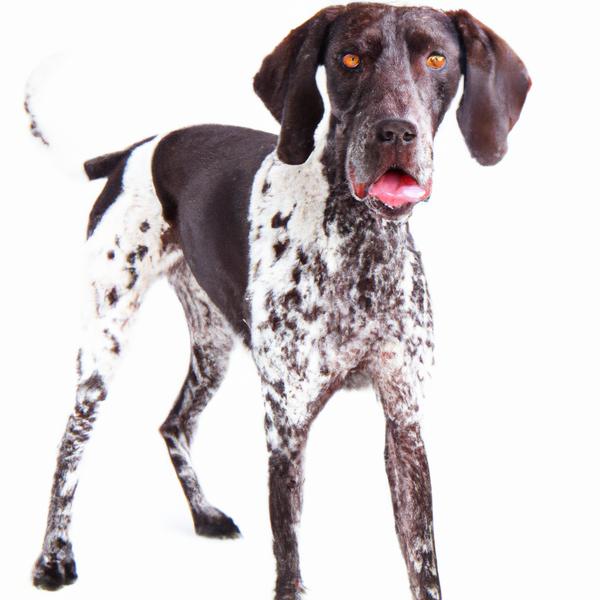
Lab-Pointer
Peke-Italian vs Lab-Pointer
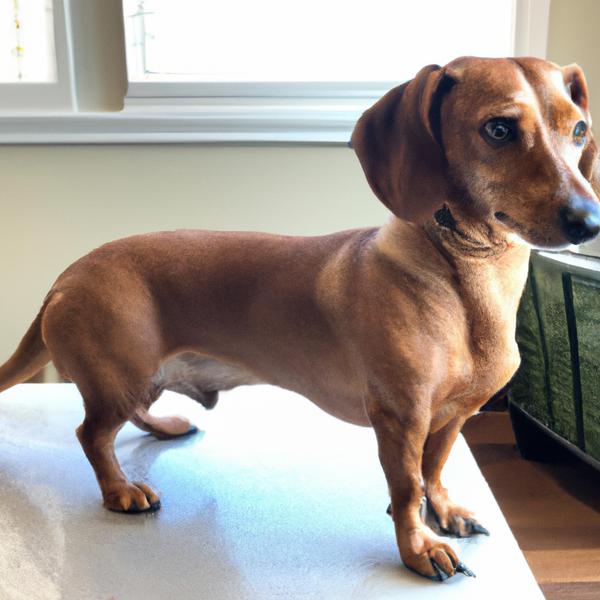
Smooth Foxie Doxie
Peke-Italian vs Smooth Foxie Doxie
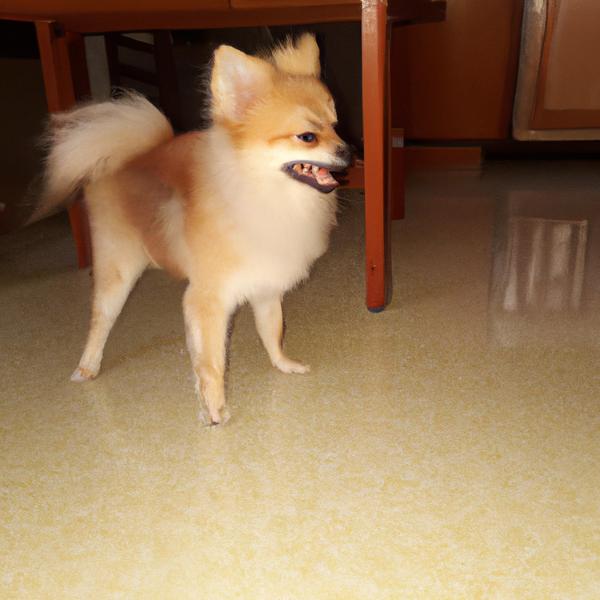
Pomerat
Peke-Italian vs Pomerat
